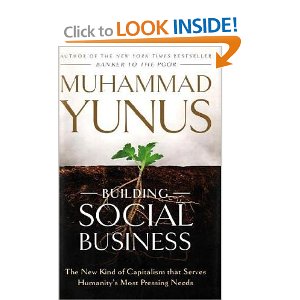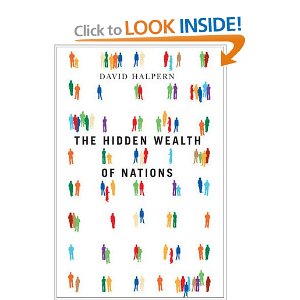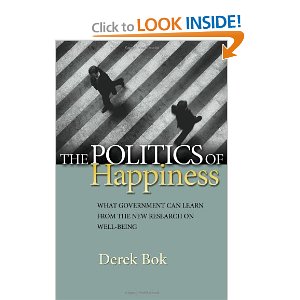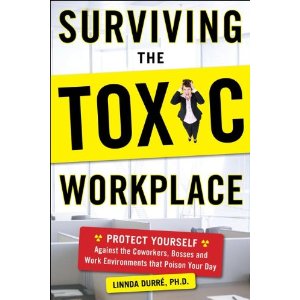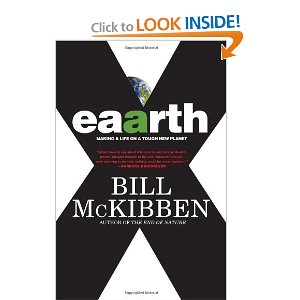
![]() Starts Weak, Ends Strong, Not the Whole Picture
Starts Weak, Ends Strong, Not the Whole Picture
July 21, 2010
Bill McKibben
EDIT of 2 August 2010: However great the mind or the man, we all make mistakes. Paul Hawkins made his with Monsanto, I've made mine. ClimateGate established with clarity the fraud associated with both the fabricated science and the intended “sub-prime mortgaging” of the Earth's atmosphere. Maurice Strong and Al Gore are pushing fraud, not fixing. Mercury and sulfer and methane are bigger problems than carbon, and global warming is a small element–not even close to being the main event–within Environmental Degradation, threat #3 after poverty and infectious disease. It troubles me when people vote against the messenger–McKibben is a great man–he's also made a mistake. Get over it and do more reading, integrate more, and it will all come out fine.
. . . . . . .
I was so annoyed with the narrow first third that glorifies the likes of Al Gore, Thomas Friedman, and Larry “women can't think like scientists” Summers that I was actually contemplating three stars. This is a weakly researched book that buys into the International Panel on Climate Change (IPCC) and Maurice Strong carbon fraud, while ignoring the vastly more intelligent findings of the High Level Panel on Threats, Challenges, and Change, A More Secure World: Our Shared Responsibility–Report of the Secretary-General's High-level Panel on Threats, Challenges and Change, in which Environmental Degradation is #3 and more broadly defined.
Any book that quotes the discredited James Hansen of NASA and that builds a case around Op-Eds and undocumented assertions is a stain upon scholarship, and the first third of this book falls into that sinkhole. Despite many references to the Copenhagen summit, there is not a word in this book about ClimateGate (see the Rolling Update at Phi Beta Iota the Public Intelligence Blog) and therefore I find this author guilty of active misrepresentation bordering on a lack of integrity in this specific instance. The author is spending too much time with newspapers and not enough time with books representing the distilled reflections of others.
Having said that, and deducted one star for the lapse, I find the balance of the book absorbing, fascinating, and rich in gems of insight and fact. It should be read in conjunction with:
Limits to Growth: The 30-Year Update
Human Scale
High Noon 20 Global Problems, 20 Years to Solve Them
The Future of Life
Acts of God: The Unnatural History of Natural Disaster in America
The Next Catastrophe: Reducing Our Vulnerabilities to Natural, Industrial, and Terrorist Disasters
The Real Global Warming Disaster: Is the Obsession with “Climate Change” Turning Out to Be the Most Costly Scientific Blunder in History?
Biomimicry: Innovation Inspired by Nature
The Fortune at the Bottom of the Pyramid, Revised and Updated 5th Anniversary Edition: Eradicating Poverty Through Profits
My criticism and praise of this important work are based on the above and the other 1,600 non-fiction reviews I have posted to Amazon, all more easily accessible in 98 reading categories at Phi Beta Iota the Public Intelligence Network.
Early points that got my attention:
Continue reading “Review: Eaarth–Making a Life on a Tough New Planet”

